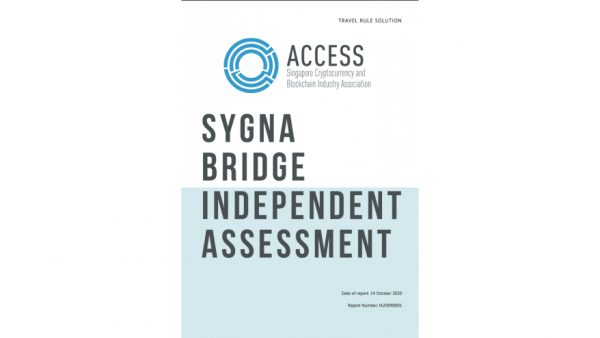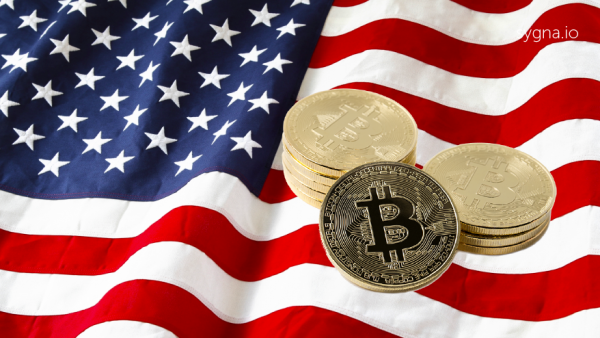The US is making mistakes when it comes to crypto regulations, according to the country’s Securities and Exchange Commissioner Hester Peirce, who said regulators have “dropped the ball” on the issue.
Speaking to reporters at the DC Blockchain Summit, Peirce, a long-term advocate and oftentimes lone SEC voice for friendlier crypto regulation, said the US was impeding healthy innovation and experimentation and alluded to long-term consequences for this failure. That said, she indicated the push for regulation was likely to accelerate.
TerraUSD (UST) Stablecoin Crash Will Spur Regulation
Peirce, who assumed her first term in office in 2018, has been dubbed “Crypto Mom” for her largely favorable attitude toward the industry. She has even gone so far as to break ranks with her own agency at times, as she did recently when she criticized Securities and Exchange Commission (SEC) Chair Gary Gensler’s decision to roughly double the size of its crypto investigative team.
Her remarks at the summit coincided with a broad selloff in digital assets following the massive collapse of the TerraUSD (UST) stablecoin and its governance token LUNA, which evaporated tens of billions of dollars in value overnight and heavily impacted broader crypto markets.
TerraUSD was an algorithmic stablecoin, which meant that it maintained its peg to the US dollar through a complex relationship with its sister token LUNA. A large dump of the stablecoin initiated by a still unknown entity precipitated the loosening of the peg. Now regulators in South Korea, home of Terra Labs founder Do Kwon, are conducting an emergency investigation into what happened. Meanwhile, other jurisdictions, from the UK to the US, are warning that they might regulate the stablecoin sector.
Addressing the crisis, Peirce said that it would likely accelerate the regulation of crypto. She mentioned that as stablecoin regulation was already on the docket, passage of those particular regulations would likely be catalyzed by the recent events. She added that it was essential that people are still able to “experiment with different models and in a way that fits within regulatory guard rails.”
The commissioner further explained that “we can go after fraud and we can play a more positive role on the innovation side, but we have to get to it… I haven’t seen us willing to do that work so far.”
Previously, Peirce had stated that stablecoins were a diverse and complicated sector and that it was urgent that regulators understand the nuances rather than lump everything under one category.
Congress Responsible for Crypto Regulation
Since 2017, the SEC has pursued over 80 actions against crypto platforms and asset offerings, and a 2020 action accused the platform Ripple of breaking securities laws when it sold $1.4 billion of its token XRP. The looming court case filed by the SEC is being touted as a potential windsock for the direction crypto regulatory enforcement will take in the US.
However, according to Peirce, it must be the US Congress that takes the driving role in passing legislation to regulate crypto, as the SEC is merely an agency. She expressed a desire to see the legislative body provide guidelines for both the SEC, which regulates securities, and the Commodity Futures Trading Commission (CFTC), which oversees commodities.
Recently, Gensler said that most cryptos are securities and thus should fall under his jurisdiction at the SEC, but he did acknowledge that some others, for example, Bitcoin, may be more in the remit of the CFTC.
Peirce, who did not comment specifically on the issue of Bitcoin in her remarks at the DC Blockchain Summit, said that she believes that it’s the job of Congress to divvy up the regulatory pie between the two agencies. She continued that the SEC might make a good regulator of retail exchanges – an idea Gensler has pushed for – but said that it was the job of Congress to assign it that role.
At the moment, Senators Cynthia Lummis and Kirsten Gillibrand, a Republican and a Democrat, are pushing a bill through Congress that would offer regulatory clarity on crypto and apportion different responsibilities to the SEC and CFTC. Lummis has said she hopes the bill “hits the sweet spot” between under-regulation and the kind that stifles innovation.


